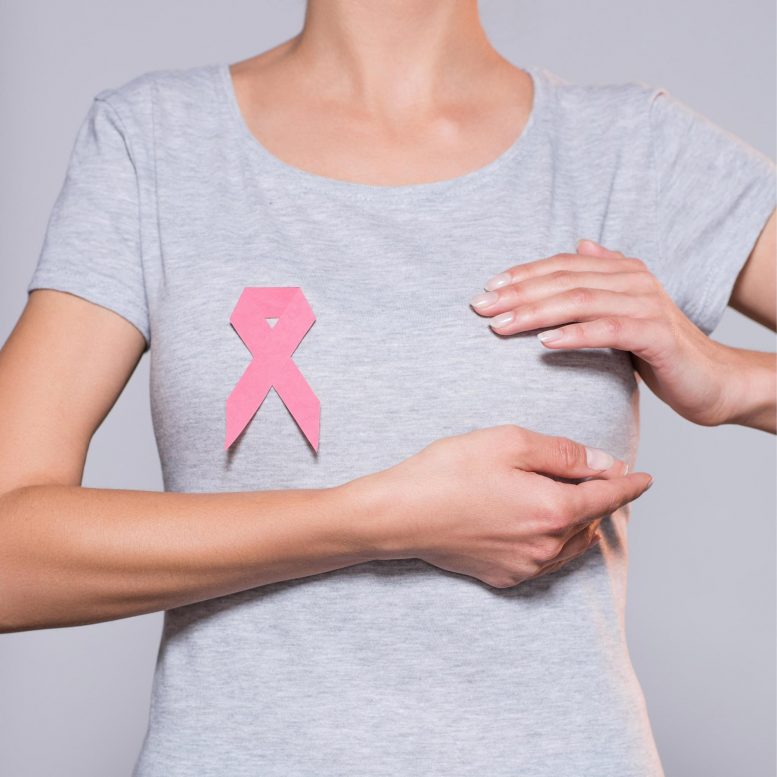
A recent study found that women diagnosed with and treated for breast cancer experienced faster biological aging than those without the disease. It was particularly noticeable for women who underwent radiation therapy, suggesting that cancer treatments, not the disease itself, might accelerate aging.
NIH study reveals that radiation has the highest correlation, with surgery and endocrine therapies showing lesser associations.
According to a recent study conducted by the National Institutes of Health and their partners, women who have been diagnosed and treated for breast cancer display signs of accelerated biological aging in contrast to those who have not had breast cancer.
A more significant correlation was observed between rapid biological aging and radiation therapy among women diagnosed with breast cancer, while there was no observable link between surgery and accelerated aging. These results indicate that it is not the mere development of cancer, but certain treatments, that seem to amplify the aging process.
“Of the three treatment classes we looked at, radiation therapy had the strongest associations with the biologic age measures assessed in the study,” noted Jack Taylor, M.D., Ph.D., the senior author on the paper who is an Emeritus Scientist at NIEHS. “The increases can be detected years after treatment.”
Biological age reflects a person’s cell and tissue health, and it differs from chronological age. To measure biological age, the researchers studied 417 women who had blood samples collected at two-time points about eight years apart. About half of the women studied were selected because they had developed breast cancer during that time span. The participants are enrolled in the Sister Study, a research effort that seeks to identify environmental risk factors for breast cancer risk and other health conditions, led by the National Institute of Environmental Health Sciences (NIEHS), part of NIH.
The researchers used three different established “methylation clocks” to determine if there were changes in a woman’s biological age between the two-time points. The clocks measure naturally occurring, chemical modifications to a person’s DNA, known as methylation changes. Small variations in methylation patterns can help determine a person’s risk of developing an age-related disease.
Women diagnosed with breast cancer had faster aging rates by all three clocks, with no significant racial differences, when compared to women who did not develop breast cancer.
Next the scientists examined whether biological age was associated with specific treatment regimens, such as surgery, chemotherapy, radiation therapy, and endocrine therapy. Among women with breast cancer, aging rates varied by treatment type.
“Radiation is a valuable treatment option for breast cancer, and we don’t yet know why it was most strongly associated with biological age,” noted Dale Sandler, Ph.D., chief of the NIEHS Epidemiology Branch and a co-author on the paper. “This finding supports efforts to minimize radiation exposures when possible and to find ways to mitigate adverse health effects among the approximately 4 million breast cancer survivors living in the United States.”
The scientists emphasized that women should not abandon radiation therapy as an option based on this research. Current breast cancer treatments that include radiation are very effective in preventing breast cancer from spreading.
“Women faced with a breast cancer diagnosis, should discuss all possible treatment options with their doctors to determine the best course of treatment for them,” said Katie O’Brien, Ph.D., a scientist in the NIEHS Epidemiology Branch and a co-author on the paper.
Reference: “Changes in methylation-based aging in women who do and do not develop breast cancer” by Jacob K Kresovich, Katie M O’Brien, Zongli Xu, Clarice R Weinberg, Dale P Sandler and Jack A Taylor, 19 July 2023, Journal of the National Cancer Institute.
DOI: 10.1093/jnci/djad117
The lead author, Jacob Kresovich, Ph.D., (link is external) is currently a researcher in the Cancer Epidemiology Program at the Moffit Cancer Center. He began this work while a post-doctoral researcher in Taylor’s research group in the intramural research program at NIEHS.

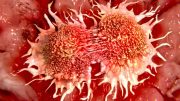
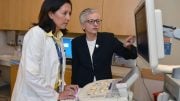

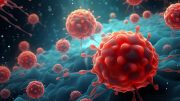

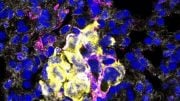

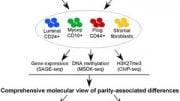
Be the first to comment on "Breast Cancer Treatment Linked to Accelerated Aging"